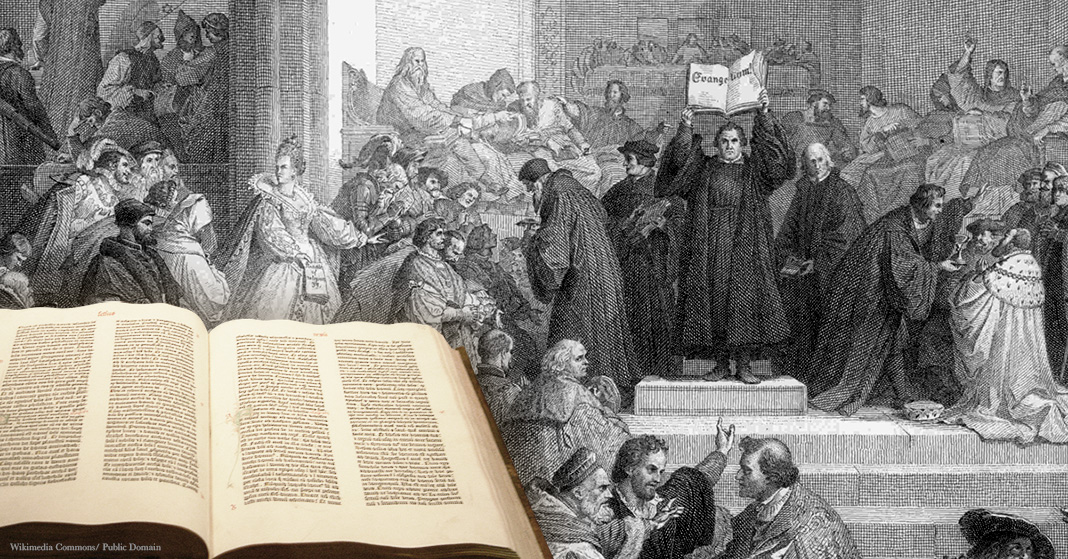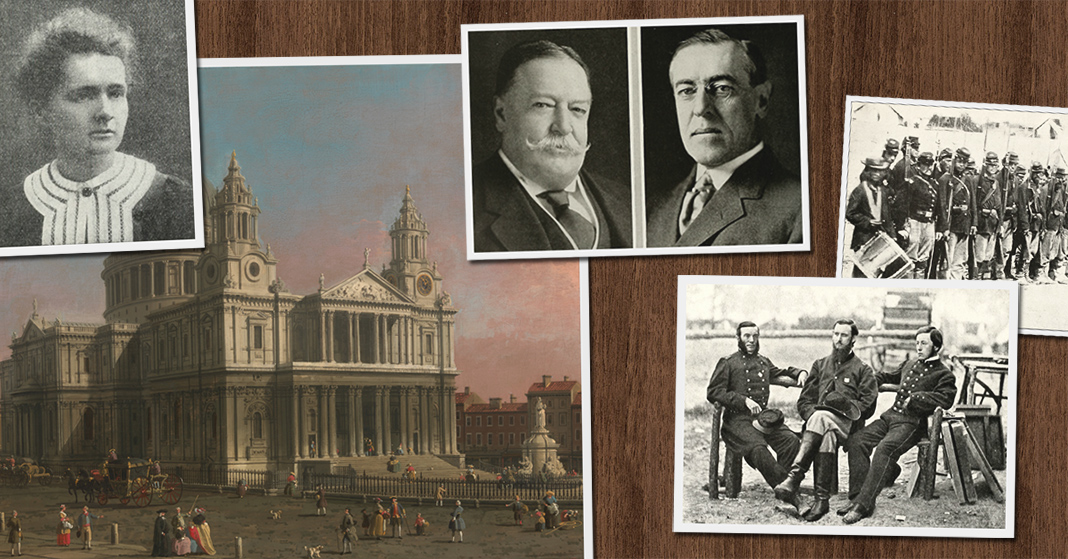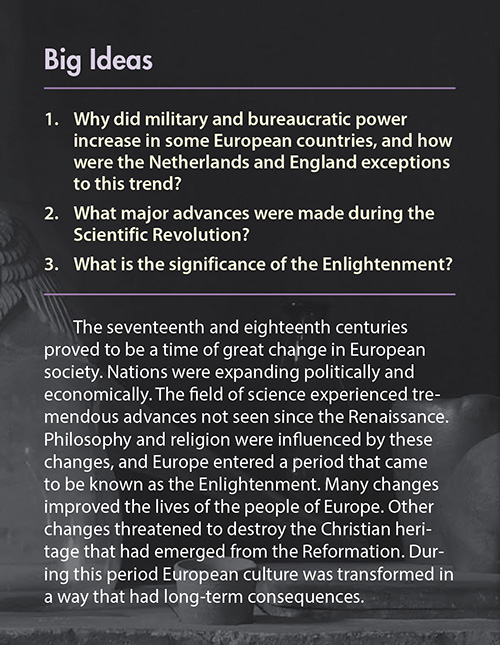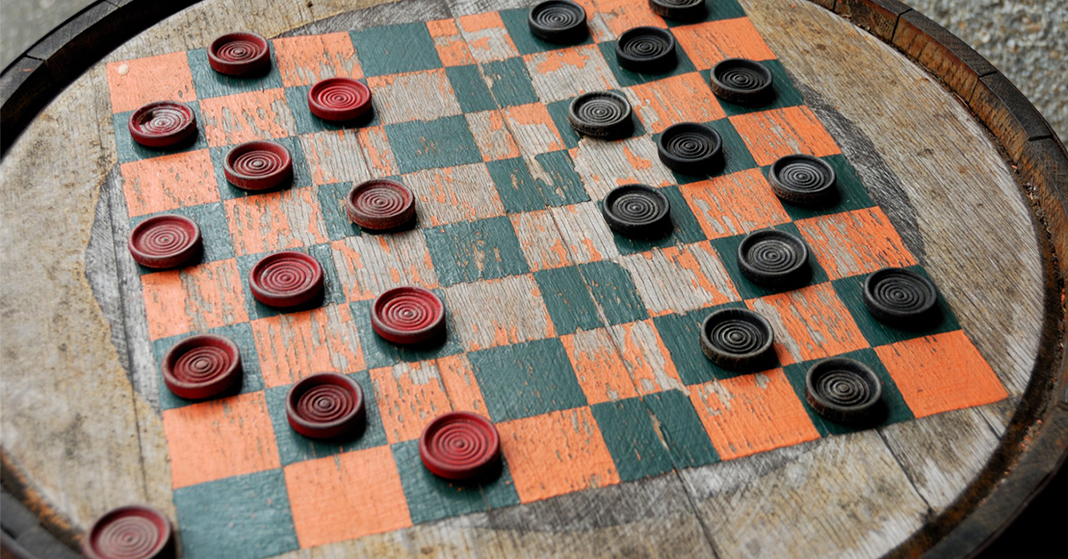
As a homeschool dad, I love seeing my girls put aside their rivalries to put on a Christmas pageant. Last Christmas, our first grader organized a Christmas Eve pageant that she and her sisters put on for us and their grandparents. Of course, one of the cutest parts was when three little “wise” girls presented gifts to their baby doll.
We often meditate on the symbolic nature the wise men’s gifts but may not realize that their presentation of gifts to the King plays a significant role in the unfolding story of creation, fall, and redemption. Their acts of worship before the Christ child are a pattern for what Christian parents are trying to accomplish in homeschooling. Let’s meditate together on the wise men, their role in “the old redemption story,” and how we can use it to inspire our homeschooling all year round.
The Past Worship of the Wise Men
Their Story
The wise men are mentioned in the Bible only in Matthew 2:1–12. Since they’re called wise men or magi (from the Greek magos), it is clear that they had wisdom in their work that was respected by their community. It was probably because of this wisdom that they had prospered enough to be able to afford gold, frankincense, and myrrh.
In some way, they also had a heart toward God. As scholars, they were familiar with the Scriptures and apparently knew the messianic prophecy of Numbers 24:17. Since they were watching the heavens for a sign of God’s Messiah, they saw the star when it appeared and immediately set out to find the child. When they arrived in Bethlehem, their hearts rejoiced—not that they had found a new source of earthly treasure but that they had found the child.
The wise men went in and humbly bowed down in worship. They opened their treasures and presented their gifts to the King.
Their Part in God’s Story
In the unfolding of God’s redemptive story, the wise men’s worship of Jesus was a sign that He was the King of the Jews. Jesus was the Christ, the Chosen One, who was coming to break the power of the fall and redeem people and the creation.
Part of that redemption involves how men and women use God’s blessing of dominion over creation (Genesis 1:26–28). Fallen people pursue wealth through dominion to be independent of God. Redeemed people use the prosperity produced by their wise dominion to accomplish God’s purposes and give Him glory.
This is exactly what the wise men did. They had grown in wisdom by observing God’s creation in the fear of the Lord. Their exercise of that wisdom in dominion over creation led to prosperity. And they took that prosperity and offered it to their God in worship.
The Future Worship of the Wise Men
The wise men of that first Christmas were prototypes of future wise men. At the end of story of Scripture, the Father and Son rule from the new Jerusalem. There “the nations of them which are saved shall walk in the light of it: and the kings of the earth do bring their glory and honour into [the new Jerusalem]” (Revelation 22:24). These kings of the saved nations are exercising dominion in the restored earth and bringing their treasures to the King in worship. Notice how the unique treasures of the kings are called “their glory.”
In the eternal state, redeemed men and women will still use math, science, social studies, and language arts. And the end of their labor will be God’s glory.
Homeschooling Wise Men (and Women!) Today
So what does this have to do with homeschooling? Everything! It demonstrates the redeemed purpose for learning history, math, science, and language arts. Here are three steps our children can take to follow the example of the wise men in the past and in the future.
Grow in Wisdom
The wise men didn’t become wise by being lazy in their study of God’s creation. Remember, when we study how God’s world works, we’re learning His wisdom.
Prosper in God’s Calling
Exercising God’s wisdom in His calling led to prosperity for the wise men. It can for your children as well. If they’re faithful in their mastery of science and math and God calls them to engineering, they should prosper as engineers.
Offer the Glory of the Calling
Prosperity is piece of glory that we receive for acting wisely in the fear of the Lord. We should take that glory and offer it to God. When we use our skills in service to our neighbor or in the household of God, we are worshiping. When we take a portion of our treasure and give it to God, we are worshiping Him in the exact same manner as the wise men of old. We are literally giving glory to God.
This Christmas, as my homeschooled girls perform their Christmas pageant, I want them to know that they can follow in the footsteps of the wise men. They can daily study to become wise women so they can offer their treasures to King Jesus.





